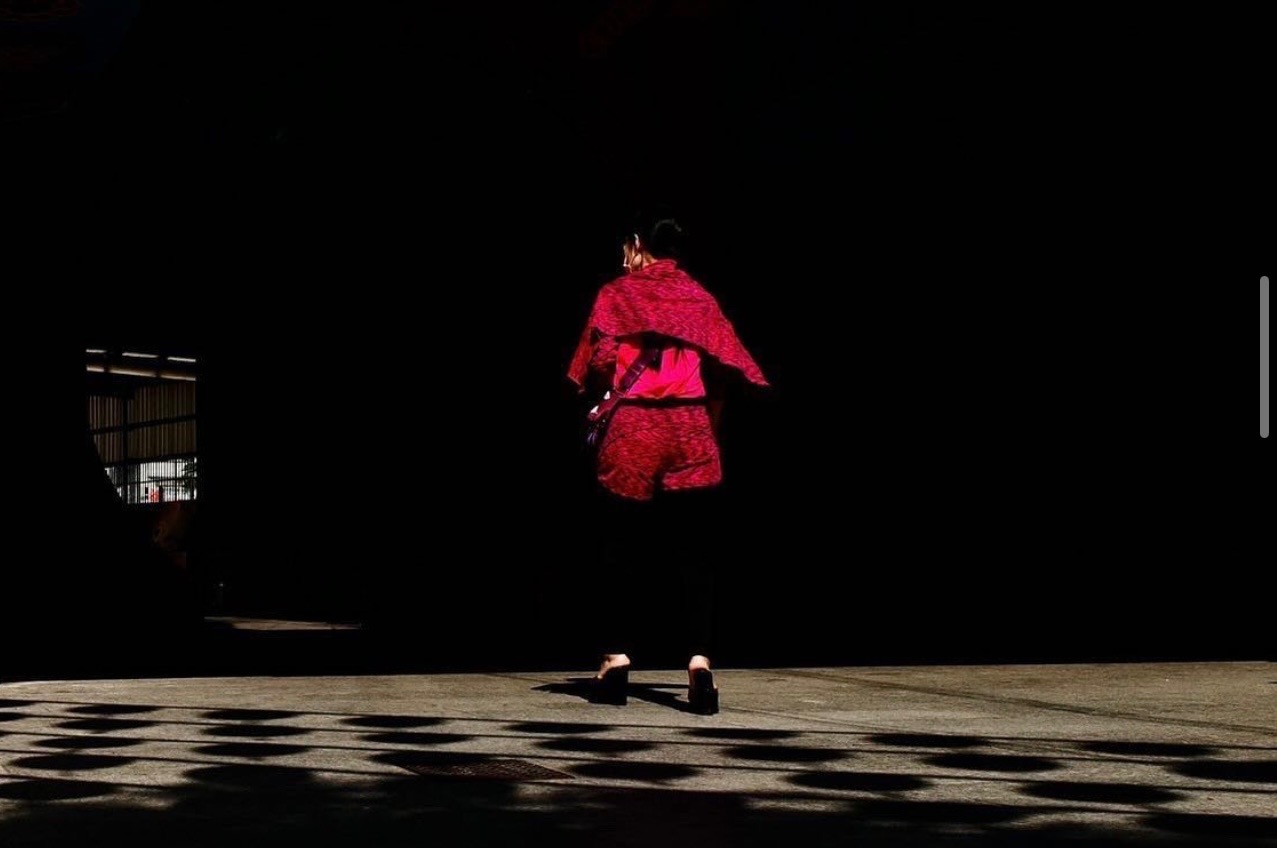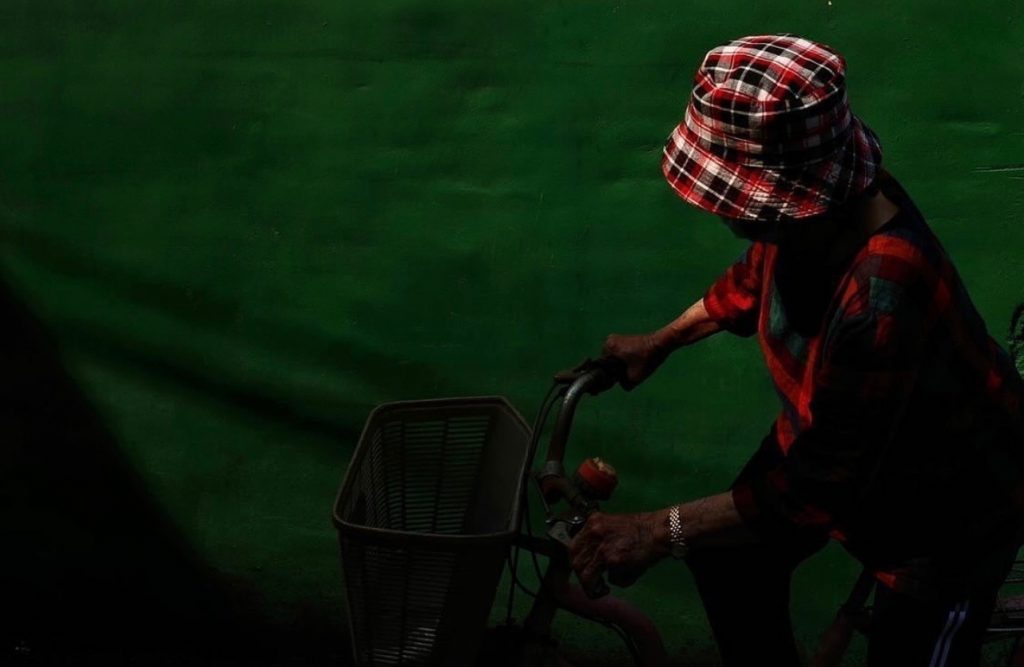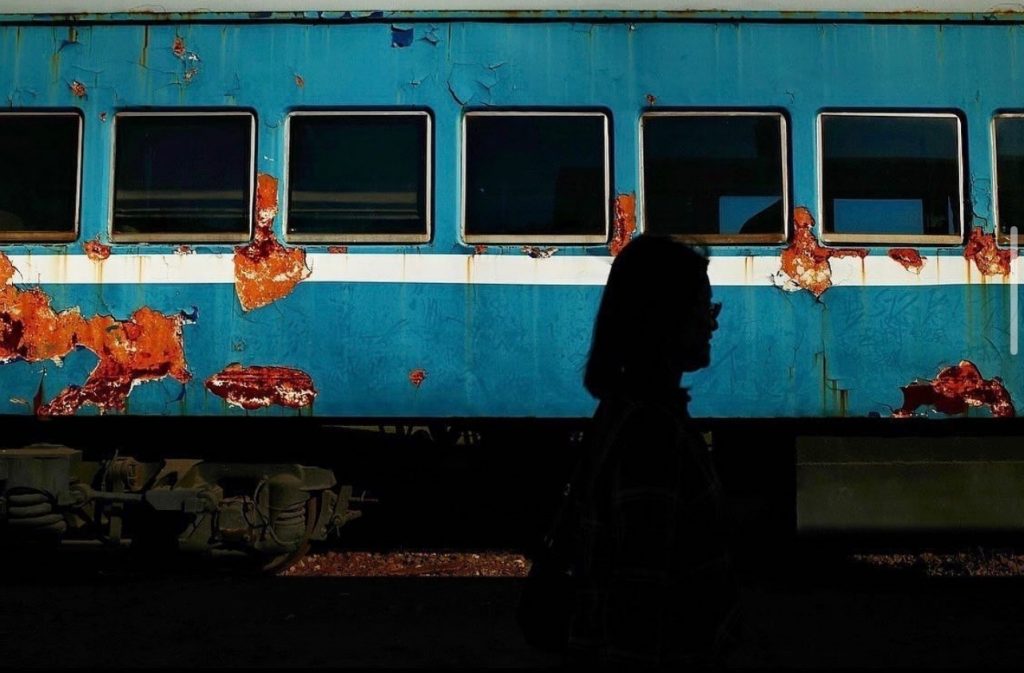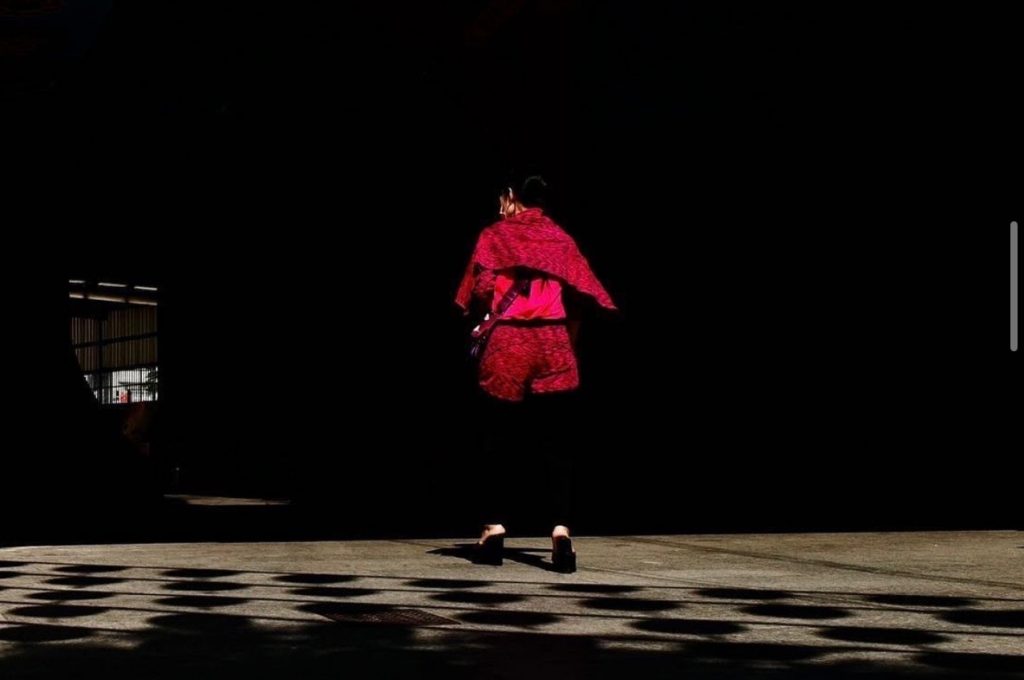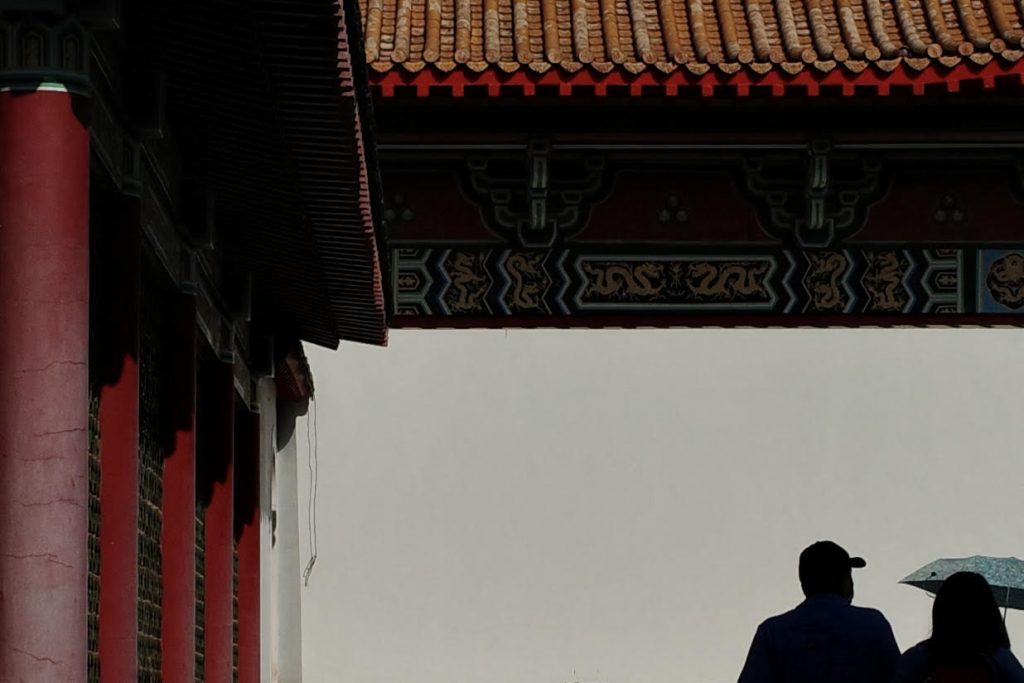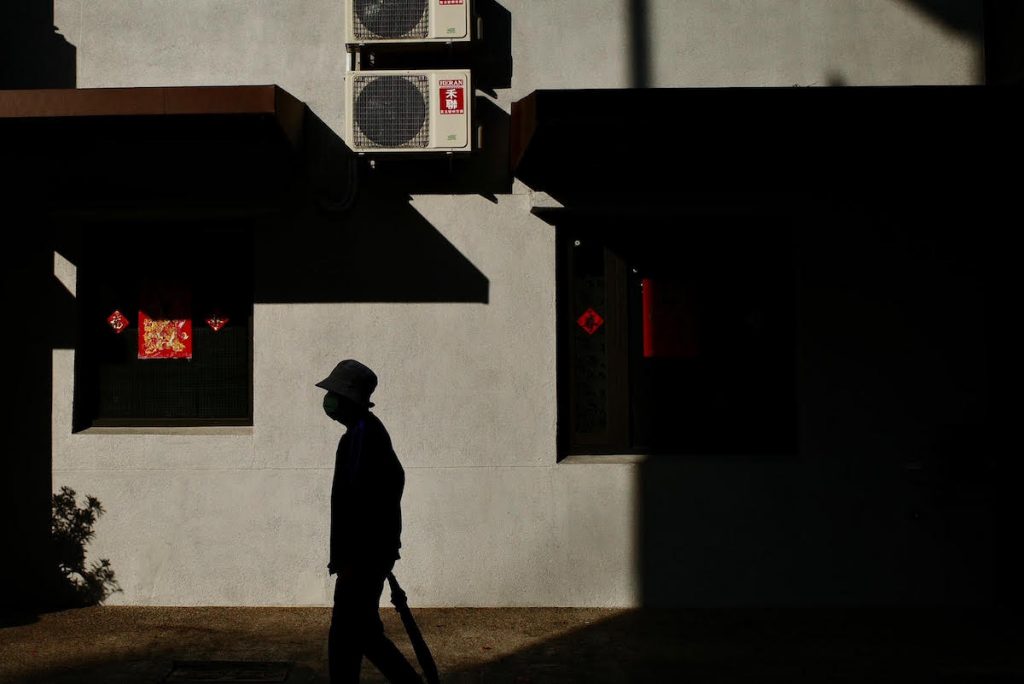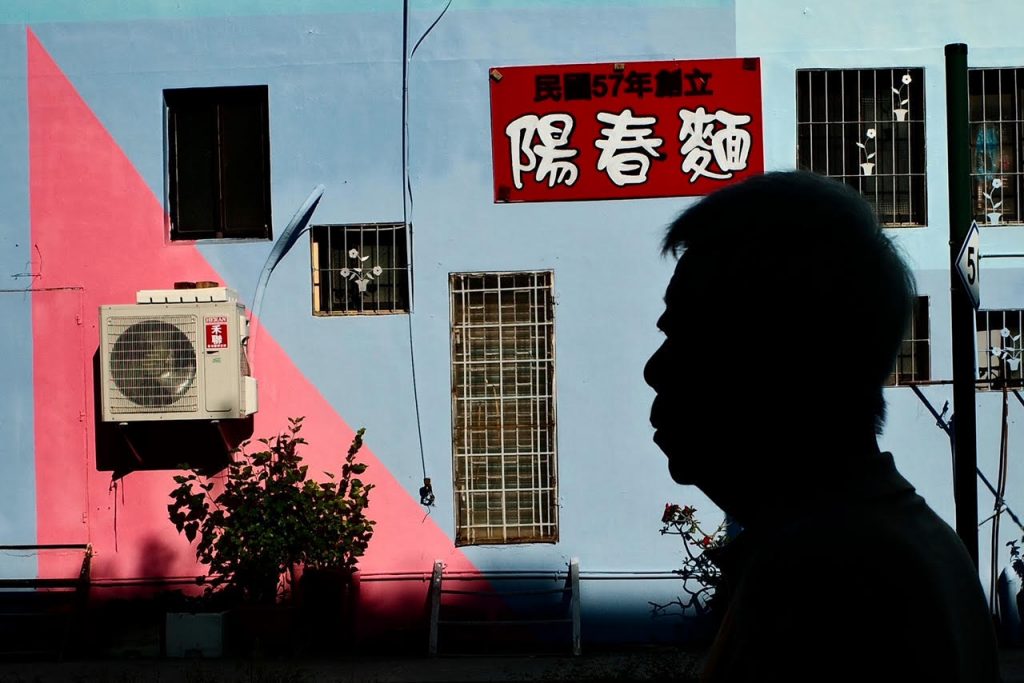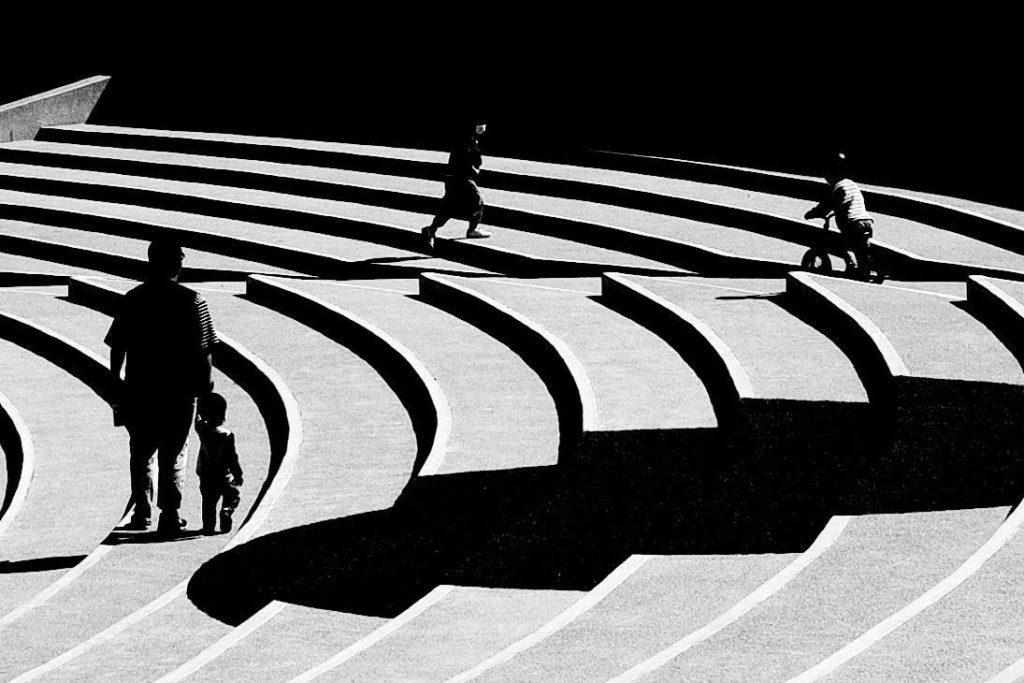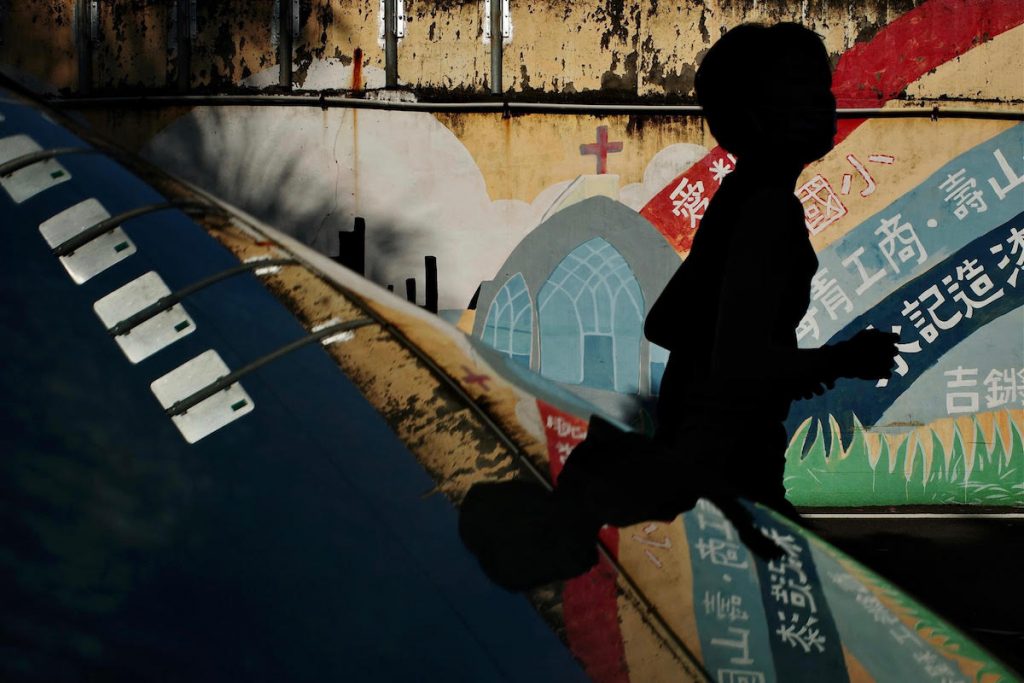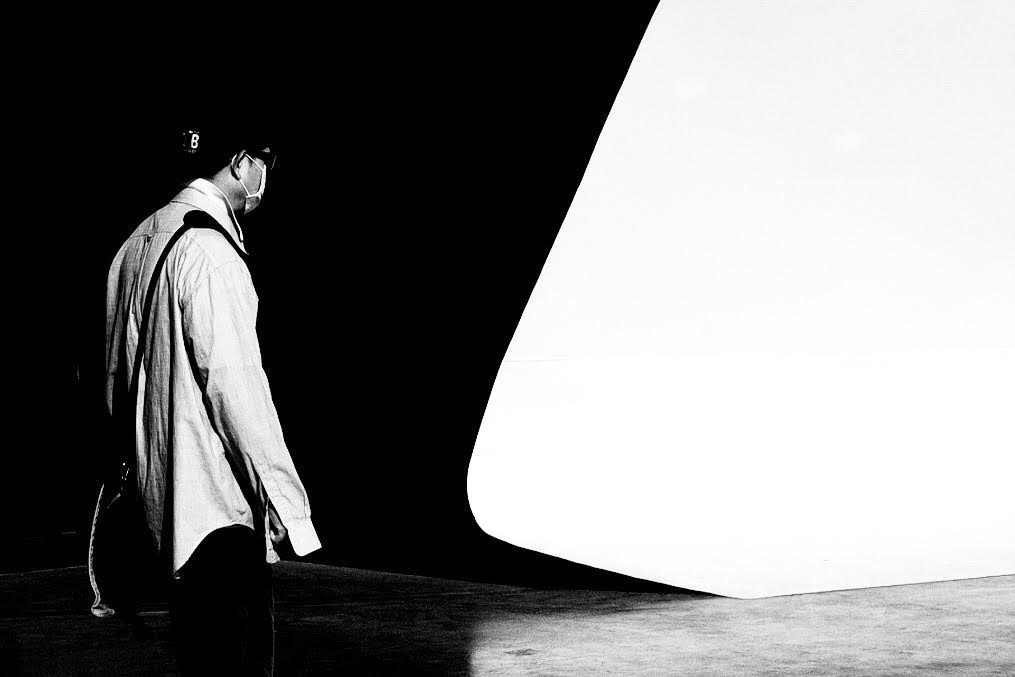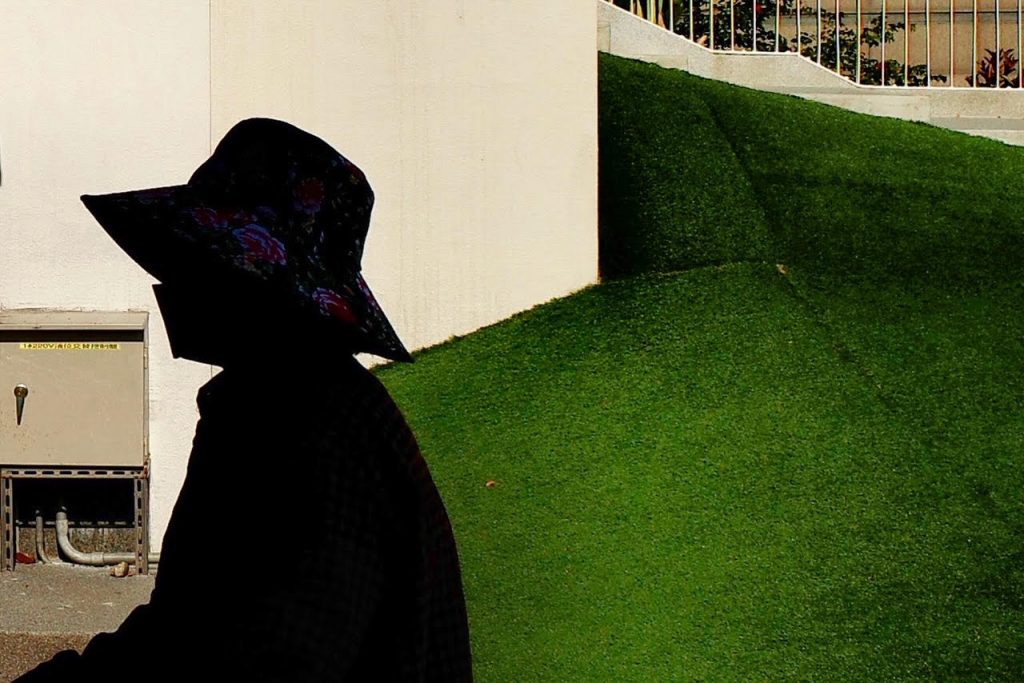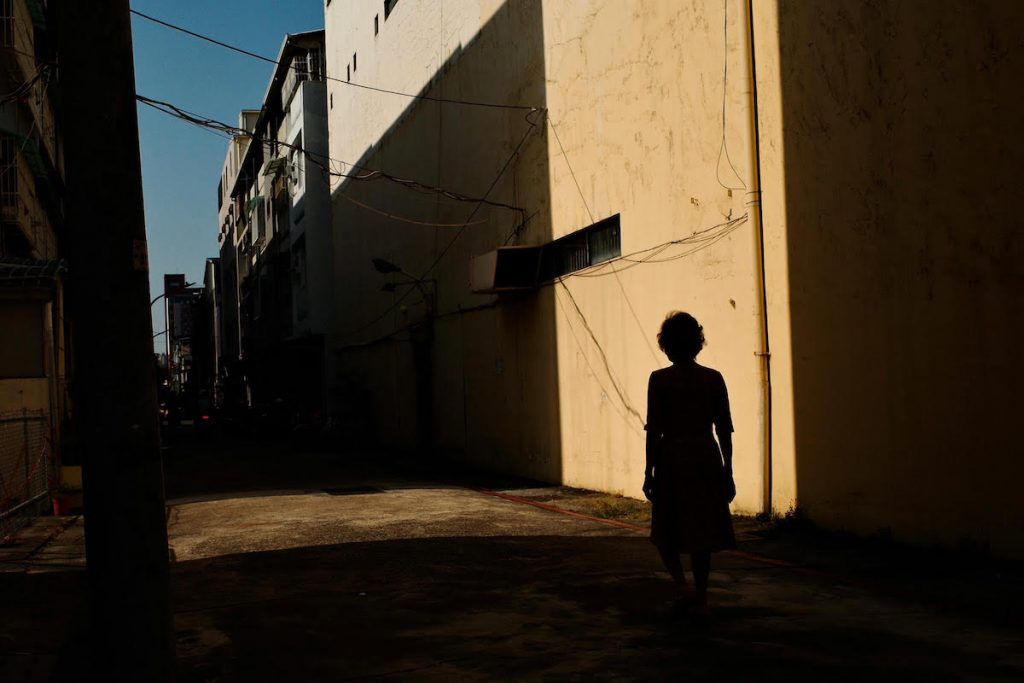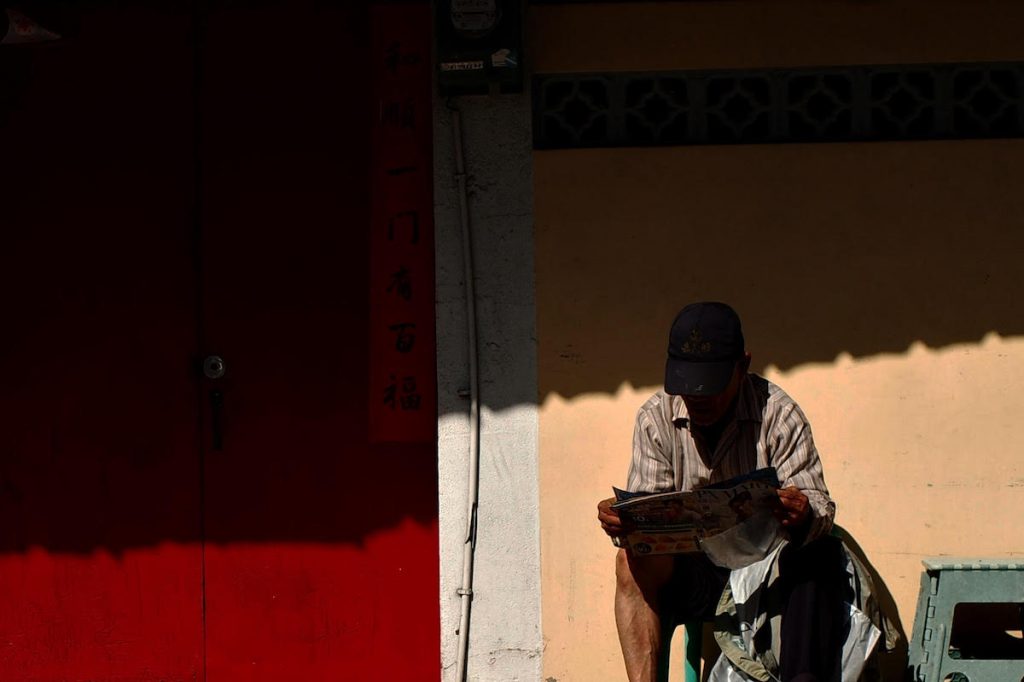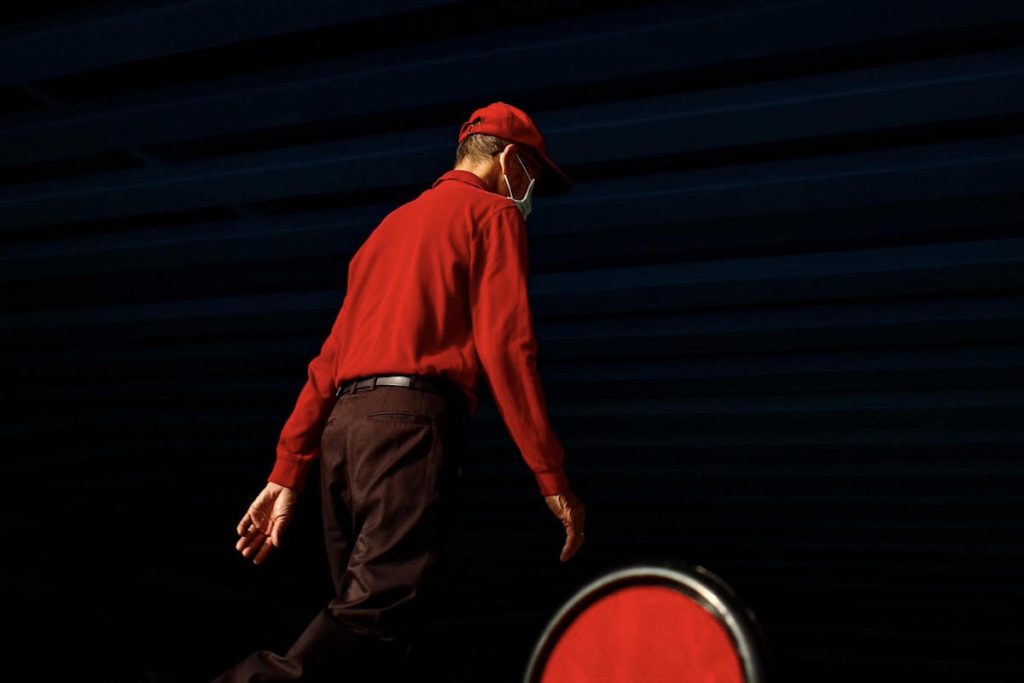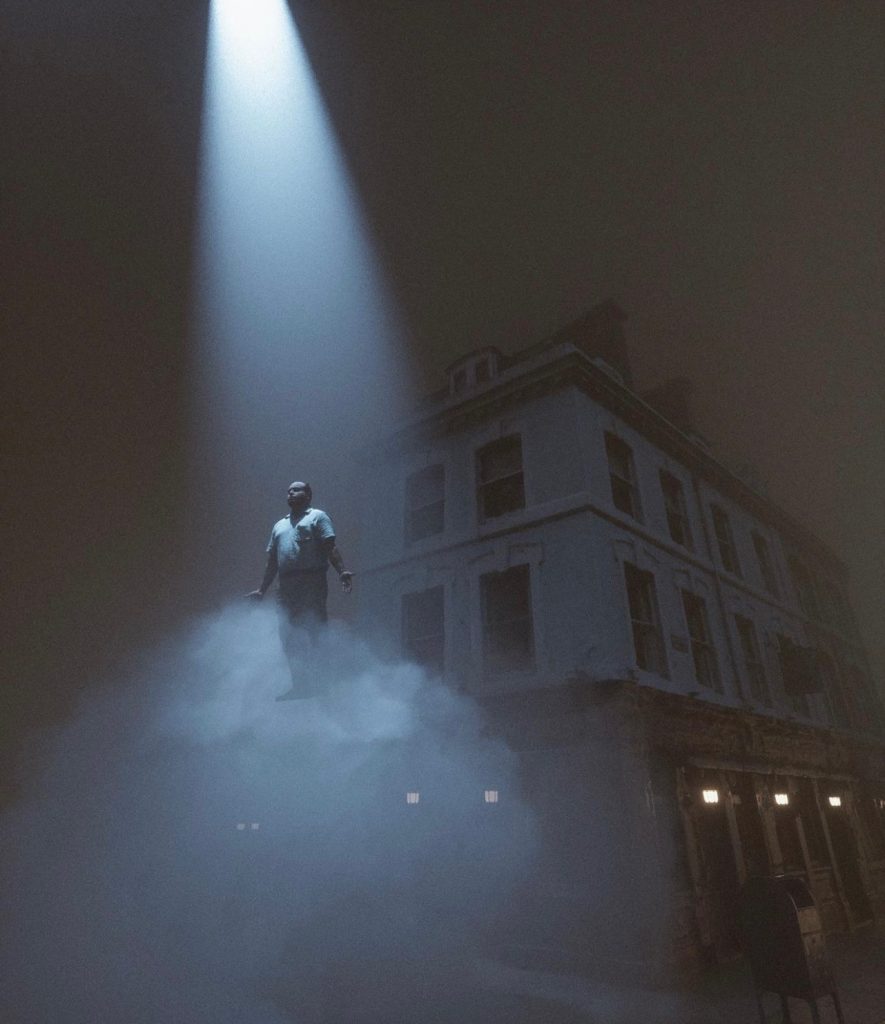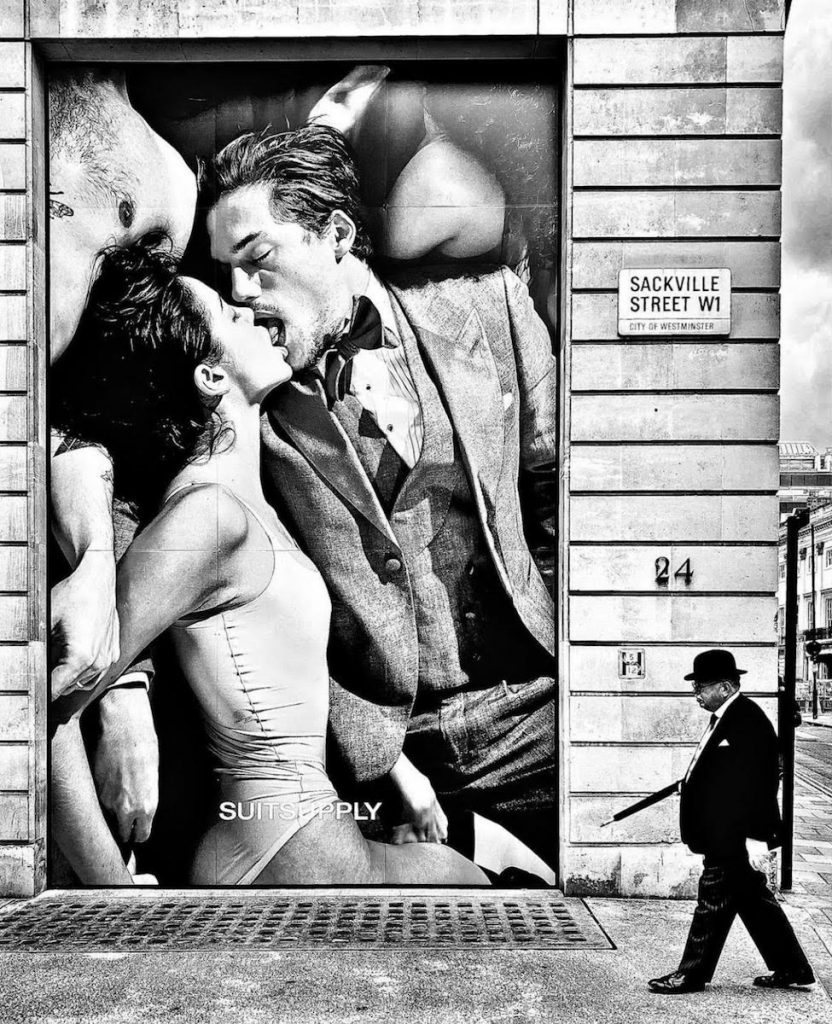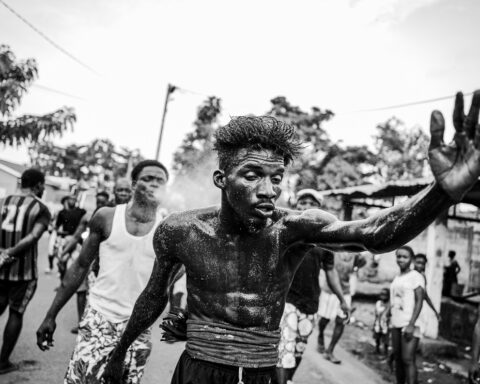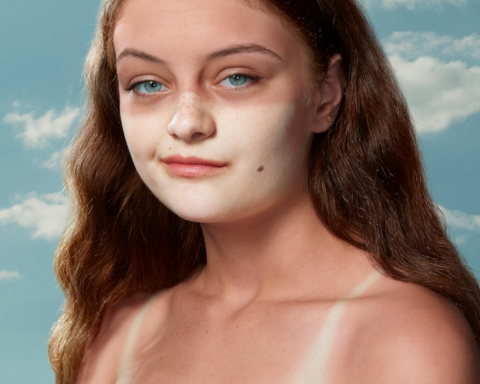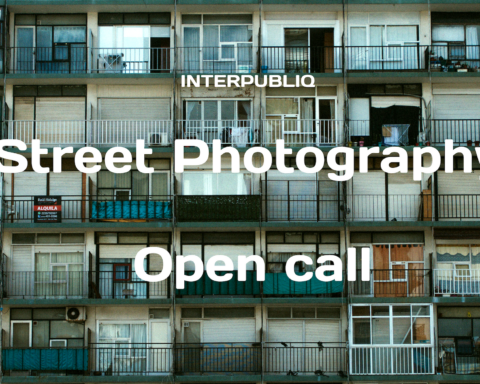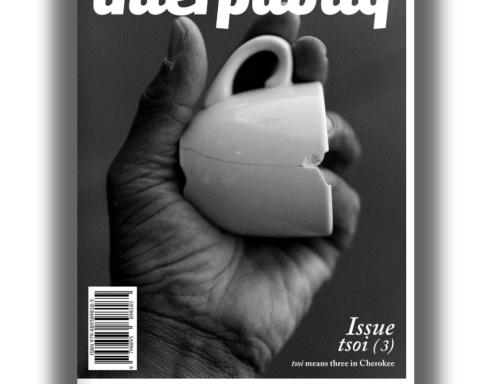My name is Shane Stubbins. I’m a Canadian who has been living in Kaohsiung, Taiwan for the past 18 years.
When was your first picture taken?
I had always been interested and involved in visual arts since I was a kid, but the extent of my photography was cheap point and shoots for vacation shots with the goal of not chopping subjects’ heads off. With the advent of smartphones and the convenience of having a camera in my pocket I began to play around with photos more. I started pursuing photography as a creative hobby in earnest during the Covid-19 lockdown last year.
How do you put the person, place, or thing in front of the camera onto film, chip, or paper the way you want it to?
My approach is relatively standard. I look for a scene, compose, and wait for my subject. I spend most of my time looking for interesting scenes. In regard to subjects, serendipity plays the biggest role. Sometimes I get lucky and it comes quickly, while other times it takes weeks of returning to a scene when the light is just right and hoping a suitable subject comes along.
What photographers have influenced you, and how have they influenced the way you approach your subject?
Constantine Manos, Alex Webb, Harry Gruyaert, and Ernst Haas are the photographers I pay the most attention to. Although their compositions are too complicated for me, I’m inspired by their use of light and color.
What exactly do you want to say with your photos, and how do you make your photos do that?
At the moment, my purpose aligns with Harry Gruyaert’s quote, “There is no story. It’s just a question of shapes and light.”
What photographic gears do you use to stay focused on what you do best when shooting?
In terms of gear, I just purchased my first “real” camera, a Ricoh GR3, 6 months ago and it’s the only one I have and use. The portability suites my style. It’s in my pocket all the time. Whenever I am out and about the city and I discover an interesting scene I can stop and shoot. I’m not particularly interested in the technical side of things. I prefer to keep it as simple as possible. I have one setting for BNW and one for color.
Any technology/software/hardware?
In terms of software, I mostly use the built in editing tools in IG for minor adjustments if necessary. If I find those aren’t working well enough I’ll use Lightroom Mobile. I do everything on the GR3 and my phone.
What motivates you to continue taking pictures? Is it political, intellectual or emotional?
Photography is mostly an emotional/creative outlet for me, and I enjoy the intellectual challenge of improving my craft. I’ve also become socially motivated by participating in the IG photography community. It’s been a positive experience for me so far. I’ve met some interesting, like minded people whose support has been great and hopefully I’ve had the same impact on others.


